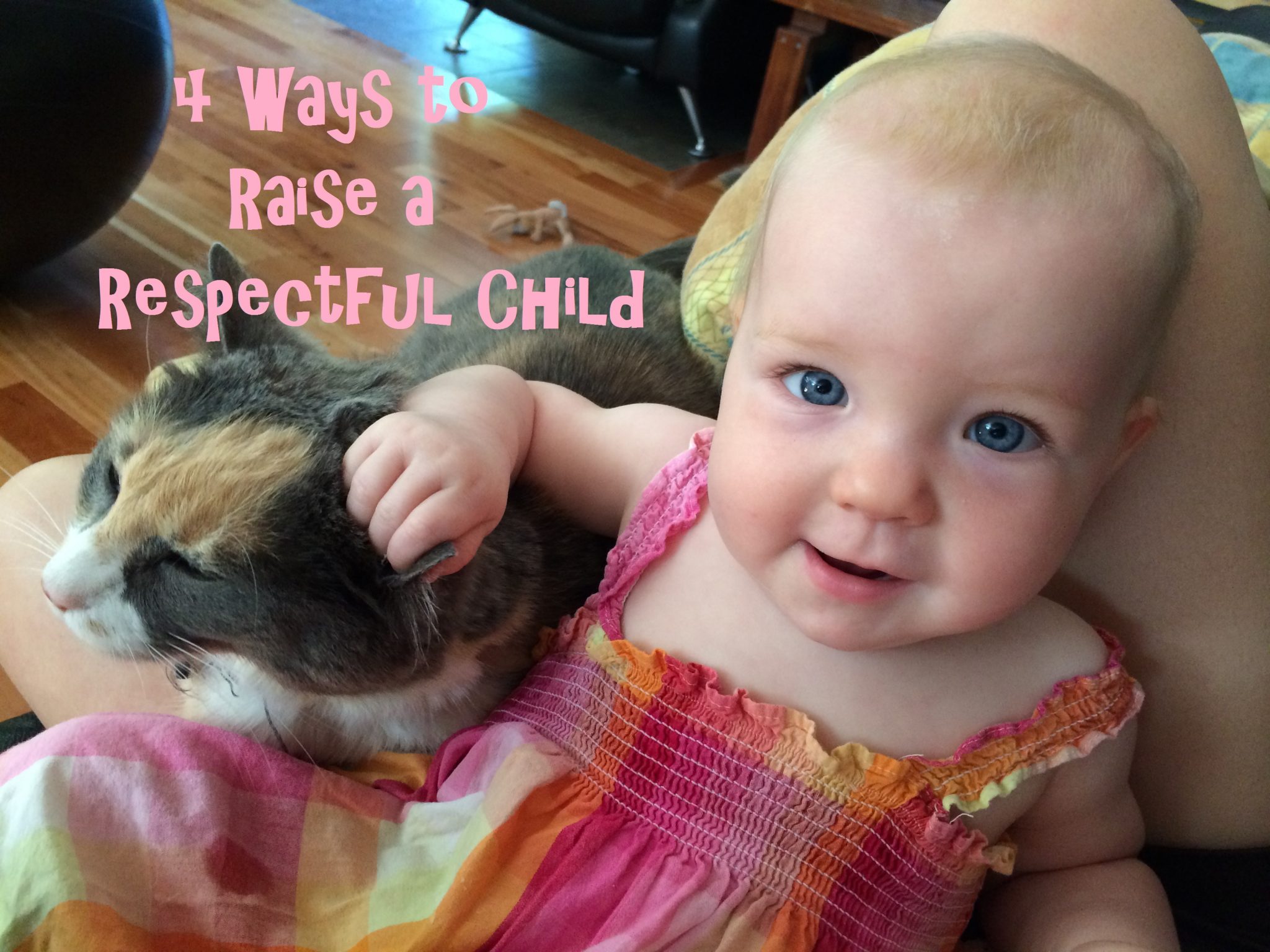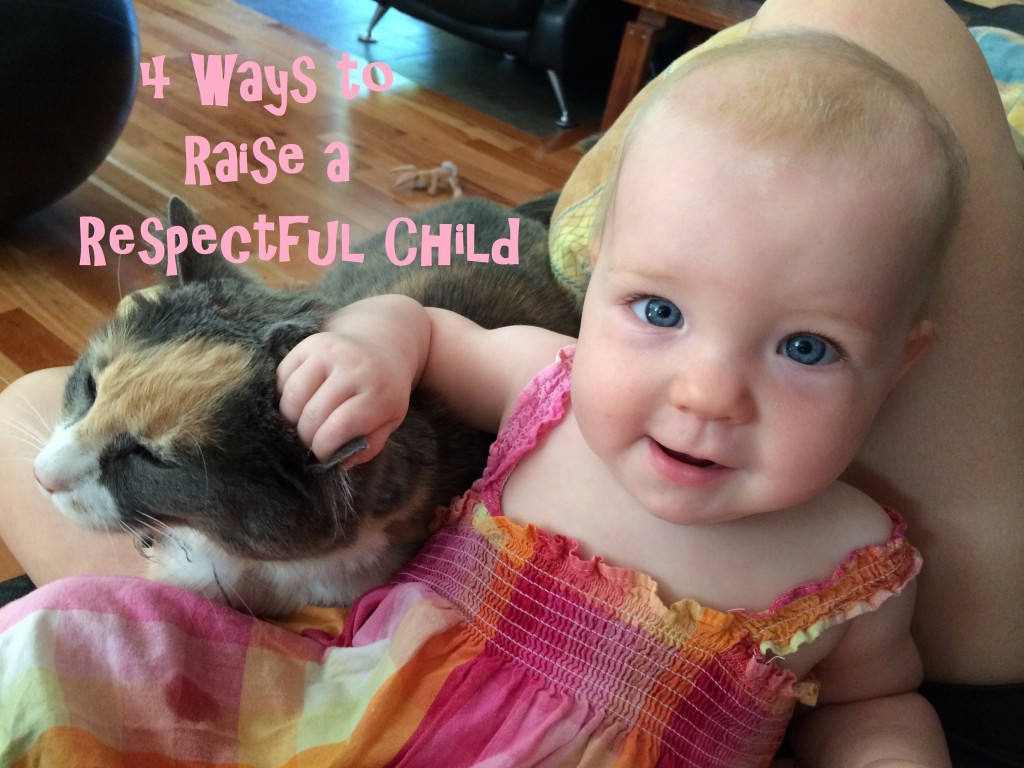
 Arr Eee Ess Pee Eee Cee Tee. It sure means a lot to me.
Arr Eee Ess Pee Eee Cee Tee. It sure means a lot to me.
If there’s one value I want my child to be raised with, it’s respect. In fact, I’m not one for having a lot of household rules, but respecting will definitely be one of them.
Respect for others, respect for your environment, and respect for yourself.
In a sponsored post called OneDay You’ll Want to Remember This that I wrote on Salt Spring Families in October, there was a little video clip of advice for my future Z, which I made using the OneDay app. It includes some of my thoughts on teaching my babe respect. Here, I’ll throw the YouTube clip in here so you can take a look if you like.
As you can see, in front of a camera is not exactly my most comfortable place, but I says what I mean, and I mean what I says.
If we all treated each other with a little more respect for the journeys we’re all in the process of making, the world would be a much better place. There would be less hate, because we would be more thoughtful to respecting what another may be going through, and how their journey is different, yet just as valid as our own.
If we all treated our environments – the Earth, but also our personal environments of home, school, work and the items that exist therein – there would be less destruction because we treated things with care, less waste because we would fix what was broken rather than throw it away, and less pollution because we would be more thoughtful to what we pumped out into the environment.
If we all treated ourselves with respect, I know there would be less hate. I truly believe that the dislike we hold for another stems from what we dislike about ourselves. Often, when I find I’m thinking unkind thoughts about another person and they way they act, I can often find a certain similarity in myself that’s just easier to point out in another person.
If we learn to accept and love ourselves, to remember that we’re all human, we’re all learning, and we all make mistakes, it becomes easier to love another – or at least make less of a fuss about what they’re doing “wrong”.
So how will I teach my daughter respect? And when can I start?
Here are some things I’m doing right now.
Raising a Respectful Child
Love yourself. All too often I find myself prone to letting little comments of self-unappreciation slip. “Ugh. Look at the bags under my eyes.” “I just look fat.” “What was I thinking? That was a stupid idea.” “I hate my hair.” “My butt is too jigglly.” There are so many cruel things we might say about ourselves, without thinking about it. I don’t ever want to let my daughter see me treating myself this less-than-valuable way. I don’t ever want to focus on myself this way. It’s not good for me, and it’s not good for her to learn how a woman should view herself from what magazines and media may tell her is valuable. It does children no good to see their parent or loved-one bash on themselves. When we do this, we are teaching them habits for how they see themselves, and what is “important” in a person.
Instead of breaking ourselves down, gazing in the mirror and calling attention to all our “imperfections”, it does our children (and ourselves) a world of good to look into that mirror and say “Good morning, kind soul” (or whatever uplifting adjective you’d like to use). Treat yourself with love and appreciation, and you child will have a good example of self-respect to model their own after.
Be careful what you say about others. When we’re in the comfort of our own home, the words that we share with our closest companions feel “safe”. We’re less guarded in what we choose to express to our partners. Sometimes, the topic of other people comes up and it’s just so compelling to call attention to their faults, to make fun of their choices or their mistakes. We’re not hurting anyone, right?
Our children are listening to what we say (even if it doesn’t seem like it). They may be too young to share back, or pretend they don’t hear us sometimes, but you’d be amazed at what comes out at preschool. There have been many times when I’ll share with a parent something their child brought up for discussion that day, that the parent is quite surprised by, thinking that the child “wasn’t even paying attention”. Just because your child is busy playing, doesn’t mean they’re not taking in what you’re saying. Actually, we all have a great capacity for active listening, and often remember more of what’s going on when we’re moving our muscles (a reason why I love using fidget-tools at circle time).
Choose what you say about others carefully. It’s an old and simple rule: if you don’t have anything nice to say, don’t say anything at all. Or at least save your ranting to your besties or your partner for when you’re child’s ears aren’t around. Hopefully that’s also when your whole child isn’t around, or you may have bigger problems than how to teach respect.
Teach gentleness and care. Right from the get-go, we started teaching our daughter how to be gentle. Now, “gentle” can be an especially hard concept for little people to learn. It’s not so easy to see. It’s better to understand how it feels.
We have a cat, and of course our little person wants to touch her. Ever since she was too little to get to the kitty by herself, we would help show her how she could appropriately by physical with the cat. We modeled for her what a “nice pet” or a “gentle pet” looks like, and we used hand-over hand to show her how “being gentle” feels. It always helps to let a child feel what “gentle” feels like on their own body, too. If my babe or a little one at preschool is having trouble understanding what “be gentle” means, I say “gentle”, in a kind and calm voice, while I gently stroke their arm. This simple trick has done a world of wonders for increasing the care my little charges show for each other and the items in their environment.
Taking care to respect our things is something else I feel can never start too young. I don’t let my child destroy the things she finds to play with, and I instruct the other adults in her life to do the same. If my little love is disrespecting something, I gently correct her by showing her what she can do with the object instead. Stating “No, no” over and over does absolutely nothing to let a child know how to appropriately act on their world. All it does is teach them when they do “A”, they’ll likely receive the attention they crave and get a great, fun, enthusiastic response of “No!” Instead of saying “no”, try to say and model “this is how you ____”. “Books are not for eating, they’re for reading. Like this.” “Hands are not for hitting, they’re for high-fiving/petting/clapping”… whatever it is that makes more sense at that moment.
Treat your children with respect. How a child is treated by others will help to define how they themselves treat others. Be mindful of how you respond to your little one. Do you react with a raised voice or denote negative adjectives to your child when they mistakenly behave, like “bad” or “naughty”? “Bad” is another hard concept for children to understand because HELLO! What is “bad” anyway? Being descriptive in how you help your child correct their behavior is going to help them go much farther than “Don’t do that, that’s bad!”
If your child is showing you that they really want to try or do something that you’re not so sure about (or dead set against), talk to them about it. Of course, at the baby level this may seem a bit absurd, and will not be as effective as when they’re a bit older and capable of processing more than a word or two at a time, it does no harm. Explaining why you don’t want them to play with what’s off limits, or have another cookie, or spend the night at a friend’s let’s them know you have a real reason for setting limits. It lets them know that you are trying to do what’s best for them. It also opens the door for them to learn how to respectfully debate with another about things they disagree on. Let them have a chance to tell you why they want what they want, and (when appropriate) let them change your mind. I have had the pleasure of teaching little ones who were very skilled at talking out problems, and at the end of a discussion where I had initially said “no”, they have helped to come to a conclusion about how what they wanted to do could be safely, easily, and respectfully done. And these reconsidered nos most always led to beautiful, thoughtful, learning activities for the entire class, better than anything I could have planned myself. Being consistent is key, but being flexible and hearing what others have to say is also important.
Treating your children like that they are real human beings with value and with thoughts, needs and wants to be respected really makes a difference in how they respond to you. Knowing they are respected, and knowing how it feels to be respected, will help them make respectful choices in how they interact with others.
Although I have to admit I’m not doing all of these things perfectly, all of the time, I am trying my best to follow my own advice. That’s really all we can do is try. Everyone makes mistakes. We’re all learning, all the time, and hopefully that learning is making us better parents, and better world citizens.